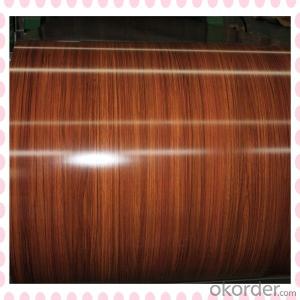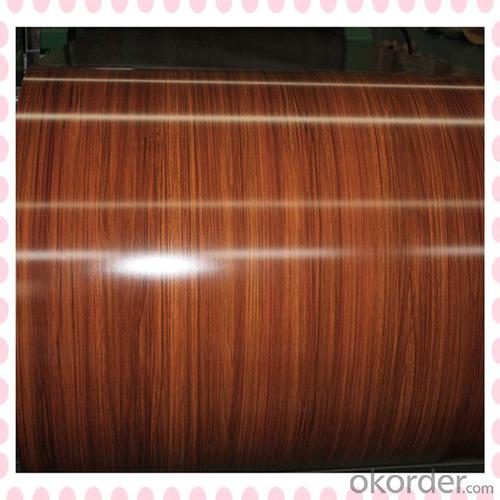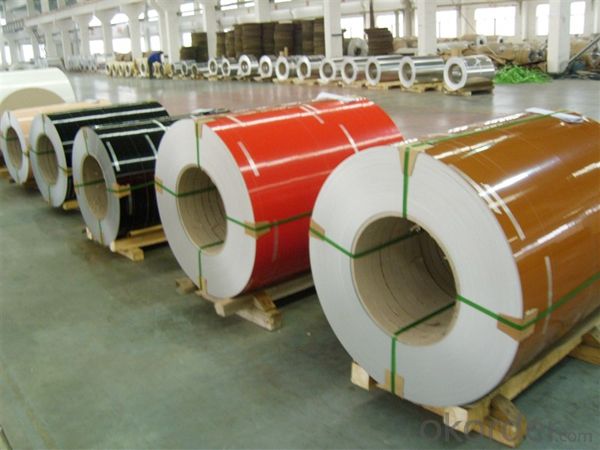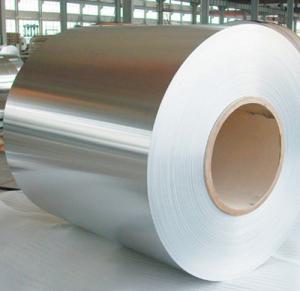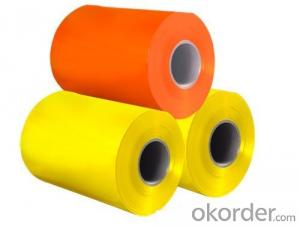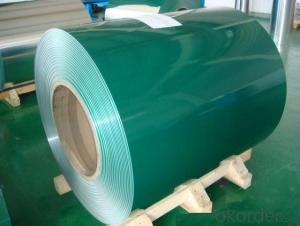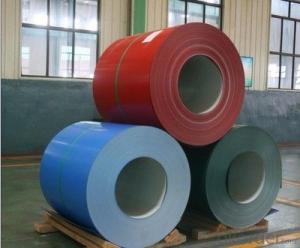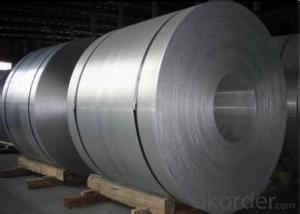Bare Aluminum Coil Stock - Mill Finished PE Coating Aluminum Coil
- Loading Port:
- Shanghai
- Payment Terms:
- TT OR LC
- Min Order Qty:
- 5 m.t.
- Supply Capability:
- 1000 m.t./month
OKorder Service Pledge
OKorder Financial Service
You Might Also Like
Specification
1. Structure of Mill Finished PE Coating Aluminium Coil Description
Mill Finished PE Coating Aluminium Coil is one semi-finished aluminium material. This coil can be rolled down to aluminium coil,sheet,circle ect. The alloy AA1050 is widly used in building, industry ect. Its weight is much lower than steel. So many customers choosed aluminium material instead of steel.
2. Specification of Mill Finished PE Coating Aluminium Coil
Mill Finished PE Coating Aluminium Coil | |
Main Specification | |
Alloy | AA1xxx (AA1050, AA1060, AA1070, AA1100 etc.) |
AA3xxx (AA3003, AA3004, AA3005, AA3105 etc.) | |
AA5xxx, AA6XXX (AA5052,AA5083, AA5754, AA6061, AA6062 etc.) | |
AA8xxx(AA8011, AA8006 etc.) | |
Temper | H14,H16, H18, H22, H24, H26, H32,O/F, T4, T6, T651 |
Thickmess | 0.01mm-100mm |
Width | 30mm-1700mm |
Standard | GB/T 3880-2006/ASTM |
Special specification is available on customer's requirement | |
3. Application of Mill Finished PE Coating Aluminium Coil
(1).Interior: wall cladding, ceilings, bathrooms, kitchens and balconies, shutters, doors...
(2).Exterior: wall cladding, facades, roofing, canopies, tunnels,column covers , renovations...
(3).Advertisement: display platforms, signboards, fascia, shop fronts...
4. Feature of Mill Finished PE Coating Aluminium Coil
Surfact Quality :
Be free from Oil Stain, Dent, Inclusion, Scratches, Stain, Oxide Dicoloration, Breaks, Corrosion, Roll Marks, Dirt Streaks and other defect which will interfere with use,
Mechenical Property:
Chemical Composite and Mechanical Property
5. Certificate of Mill Finished PE Coating Aluminium Coil
SGS and ROHS(if client request, paid by client), MTC(plant provided), Certificate of Origin(FORM A, FORM E, CO), Bureau Veritas and SGS (if client request, paid by client), CIQS certificate
6. Image of Mill Finished PE Coating Aluminium Coil
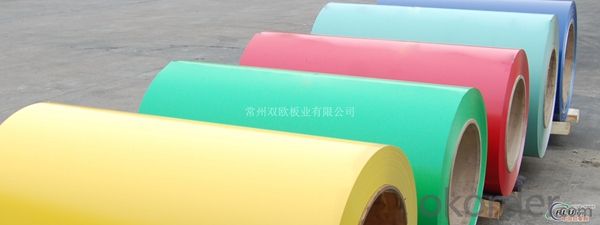
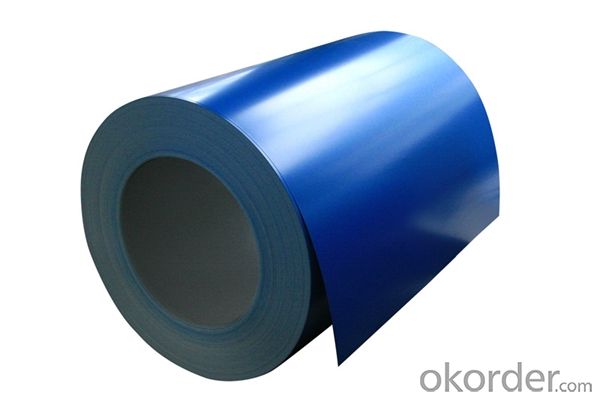
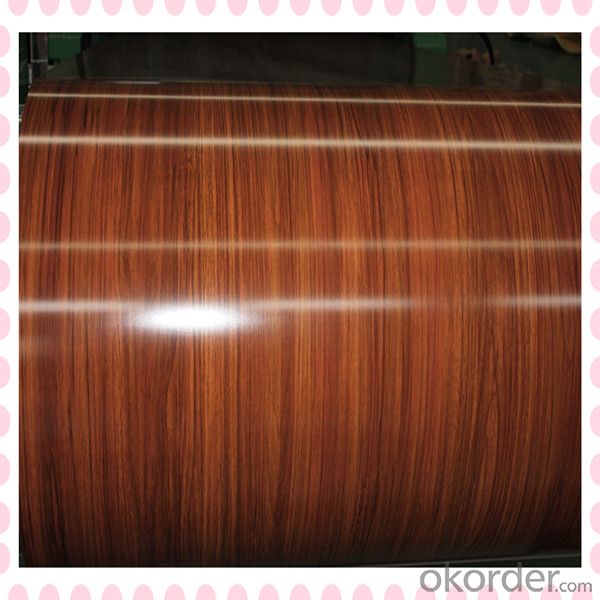
7. Package and shipping of Mill Finished PE Coating Aluminium Coil
First, plastic cloth with drying agent inside; Second, Pearl Wool ; Third, wooden cases with dry agent , fumigation wooden pallets, aluminum surface could cover blue PVC film
8. FAQ
1) What is the delivery time?
Depends on actual order, around 20 to 35 days
2) What is the QC system:
We have QC staff of 20 persons and advanced equipment, each production is with MTC traced from Aluminum ingot lot.
3) What market do you mainly sell to?
Australia, America, Asia, Middle East, Western Europe, Africa etc
- Q: is Aluminum wrotten with a 2 behnd it?
- No, you're thinking of diatomic molecules like dinitrogen and dihydrogen which come in pairs because forming a covalent bond with another atom fills up their electron shell which is what makes them most stable. Metals don't tend to form covalent bonds in bulk but have a kind of ionic bond. You could search for 'metallic bonding' and I imagine some helpful sites would appear. Basically, the electrons are shared, that's what makes metals conductors of electricity. kind regards
- Q: Is it appropriate to use a wire brush for cleaning an aluminum coil?
- <p>Using a wire brush to clean an aluminum coil is not recommended. Wire brushes can cause scratches and damage the surface of the aluminum, which can lead to corrosion over time. Instead, use a soft cloth or sponge with a mild cleaning solution to gently clean the coil. This will prevent any damage to the aluminum while effectively removing dirt and debris.</p>
- Q: Are aluminum coils more cost-effective compared to other materials like copper?
- Yes, aluminum coils are generally more cost-effective compared to copper coils. Aluminum is cheaper and more abundant than copper, which makes it a more affordable option for various applications. Additionally, aluminum coils require less maintenance and have a longer lifespan, reducing overall costs in the long run.
- Q: My grandpa died from Alzheimer’s disease, I didn't know what it was but I came across something slightly disturbing. There were several blog and research sites linking Sodium Aluminum Phosphate ((you know the stuff in bisquick pancake batter stuff or maybe eggo waffles)) what bothered me is that two root words of that ingredient bothers me aluminum Phosphate ((is that like phospherous, as in phospherous paint...didn't that turn out bad to the body?)) If so maybe I need a second opinion or ensurance that it is real or not if it is I'm not eating pancakes again. Please help answer this.
- Sodium Aluminum Phosphate
- Q: I'm having trouble with another chem problemAluminum sulfide reacts w/water to form aluminum hydroxide and hydrogen sulfide. Write the balanced chemical equation for this reaction and find how many grams of aluminum hydroxide are obtained from 14.2 g of aluminum sulfide.I already found the balanced equation but I need help on finding how many grams of aluminum hydroxide are obtained from 14.2 g of aluminum sulfide. Can someone please explain how it's done?
- You use the given grams of Aluminum Sulfide, and use stoichiometry. First convert the Aluminum Sulfide from grams to moles [14.2g (1 mole of Aluminum Sulfide/total mass of Aluminum sulfide)]. Then, set up a mole ratio of Aluminum Sulfide to Aluminum Hydroxide (you do this by creating a ratio of the coefficients of both Aluminum Sulfide and Aluminum Hydroxide from your balanced equation; moles of Aluminum Hydroxide/miles of Aluminum Sulfide). And then finally convert back to grams (total mass of Aluminum Hydroxide/ 1 mole of Aluminum Hydroxide). In total, it should look like this: [14.2(1 mol Al Sulfide/mass of Al Sulfide)(mols of Al Hydroxide/mols of Al Sulfide)(mass of Al Hydroxide/1 mol of Al Hydroxide)]
- Q: What are the pros and cons of utilizing aluminum coils in storage applications?
- <p>Aluminum coils offer several advantages for storage, including high durability, corrosion resistance, and lightweight properties which make them easy to handle. They are also recyclable and have good thermal conductivity, which can be beneficial in temperature-controlled environments. However, there are downsides such as higher initial costs compared to some other materials and potential for denting or damage if not properly handled. Additionally, while aluminum is generally non-magnetic, it can be attracted to strong magnets, which might be a consideration in certain storage scenarios.</p>
- Q: And what are the advantages/disadvantages of steel aluminum in building cars?Which would be better for building cars?
- Erm im no expert, bt I dont think aluminum is very strong, thus not very safe for a car!
- Q: Is it possible to utilize aluminum coils in the manufacturing of furniture?
- <p>Yes, aluminum coils can be used to make furniture. Aluminum is known for its strength, durability, and resistance to corrosion, making it an ideal material for furniture construction. It is commonly used in outdoor furniture due to its weather resistance. Aluminum coils can be formed into various shapes and sizes to create frames, legs, and other structural components of furniture. Additionally, aluminum's lightweight nature makes it easy to handle and transport, which is beneficial for both manufacturers and consumers.</p>
- Q: i have a project that requires me to know how safeway aluminum foil is made. i researched it on the internet, and also called safeway for it. they never gave me an answer. same for the diamond aluminum foil.please help!!!!i just need to know where they make it, how thick it is, and/or information about the ingots (such as size)and also temp. of heating room
- they start with a huge block of aluminum, then run that forth and back between giant steel cylinders until it is a relatively thin and very long sheet of metal. Then this sheet is run trough a series of these drums until it is foil of the required thickness. Then they cut the wide foil in strips of the right width and package it for sale. Hope this helps.
- Q: Can aluminum coils be used in automotive heat shields?
- Indeed, automotive heat shields can utilize aluminum coils. Thanks to its exceptional resistance to heat and lightweight characteristics, aluminum is extensively employed in heat shield production. By shaping and forming aluminum coils according to the desired design, automotive applications can benefit from straightforward installation and customization. Moreover, the high thermal conductivity of aluminum aids in efficiently dissipating heat, rendering it an optimal option for vehicle heat shields.
Send your message to us
Bare Aluminum Coil Stock - Mill Finished PE Coating Aluminum Coil
- Loading Port:
- Shanghai
- Payment Terms:
- TT OR LC
- Min Order Qty:
- 5 m.t.
- Supply Capability:
- 1000 m.t./month
OKorder Service Pledge
OKorder Financial Service
Similar products
Hot products
Hot Searches
Related keywords
